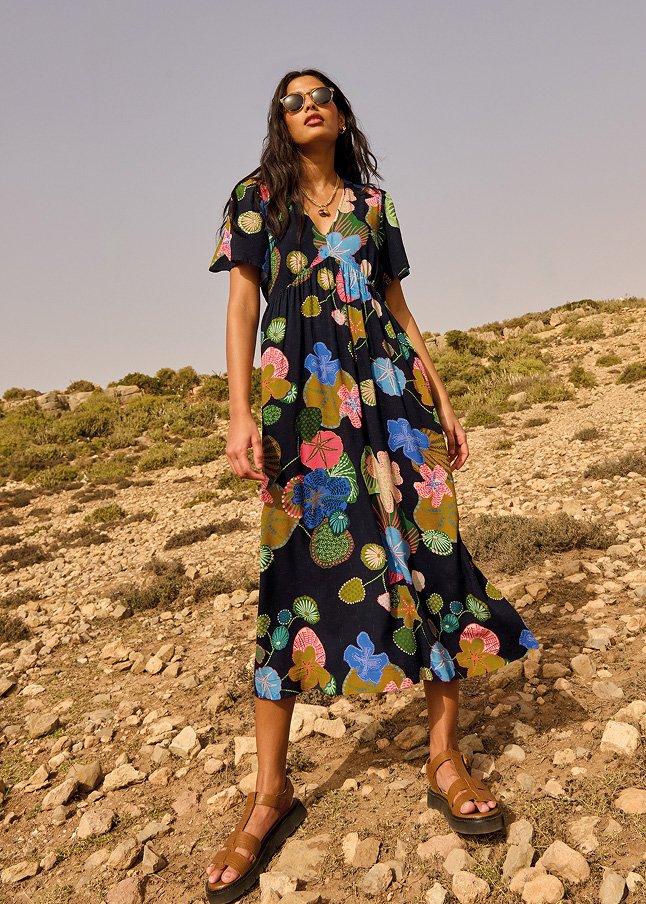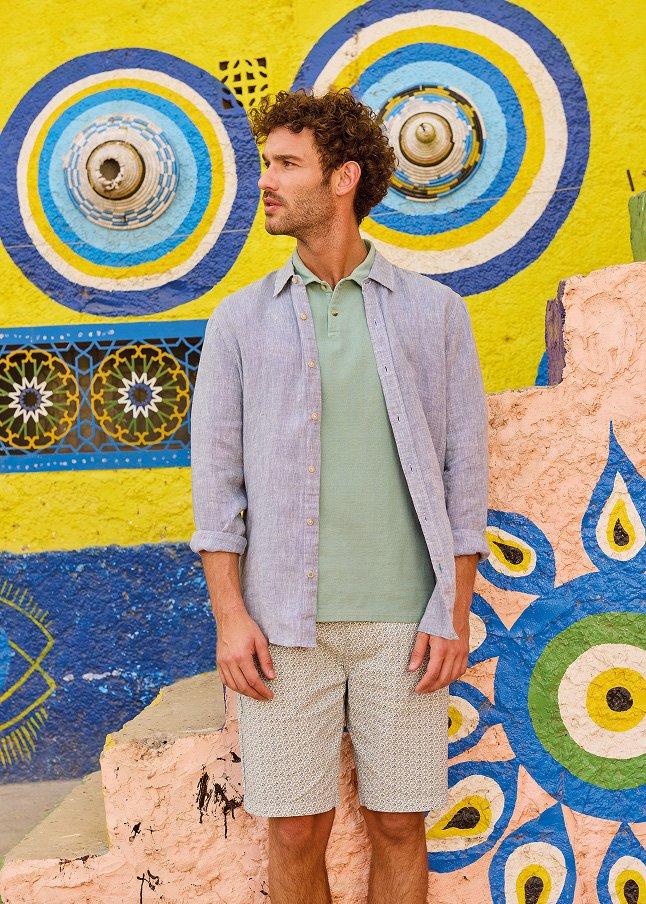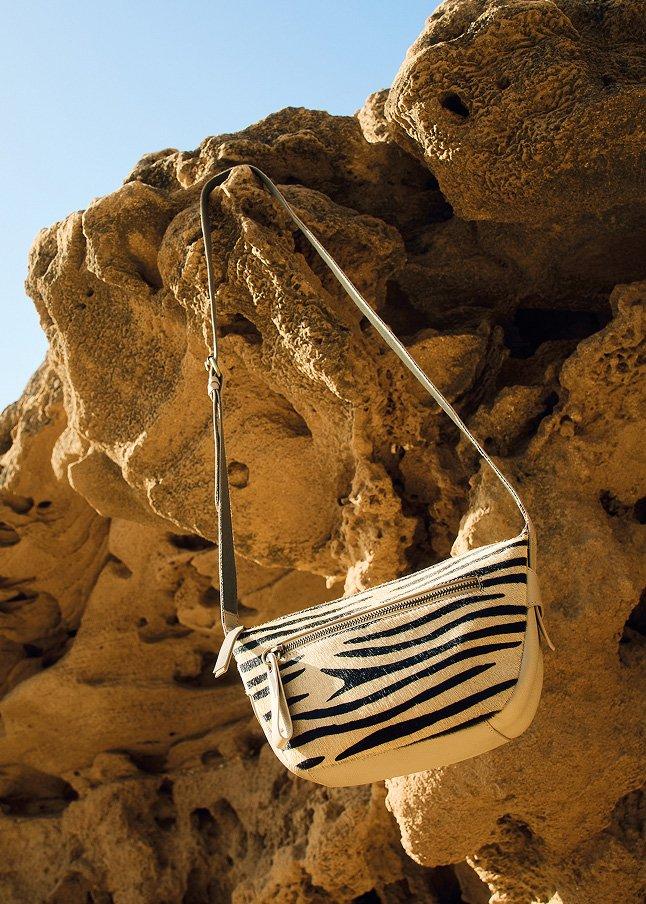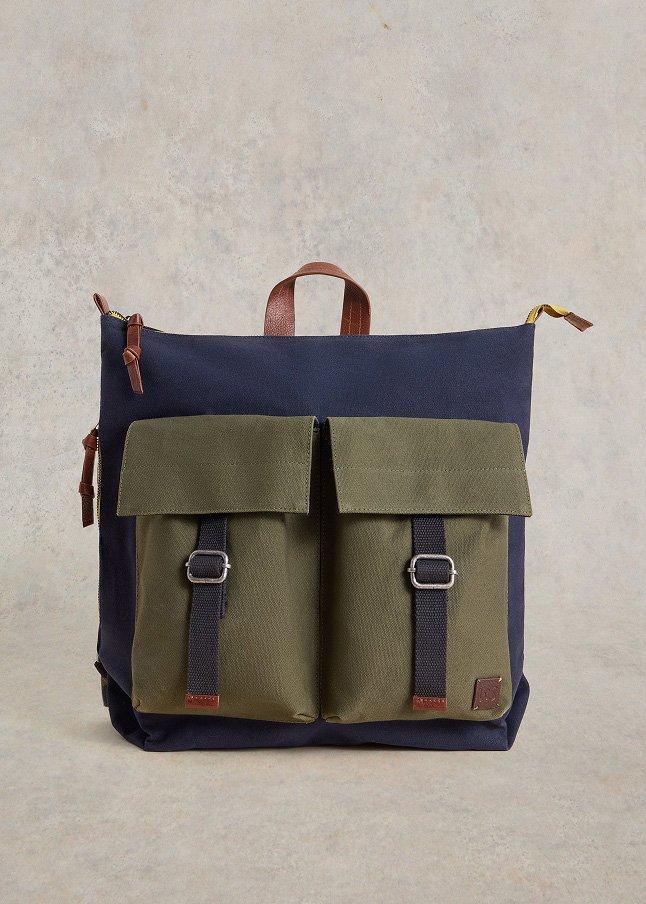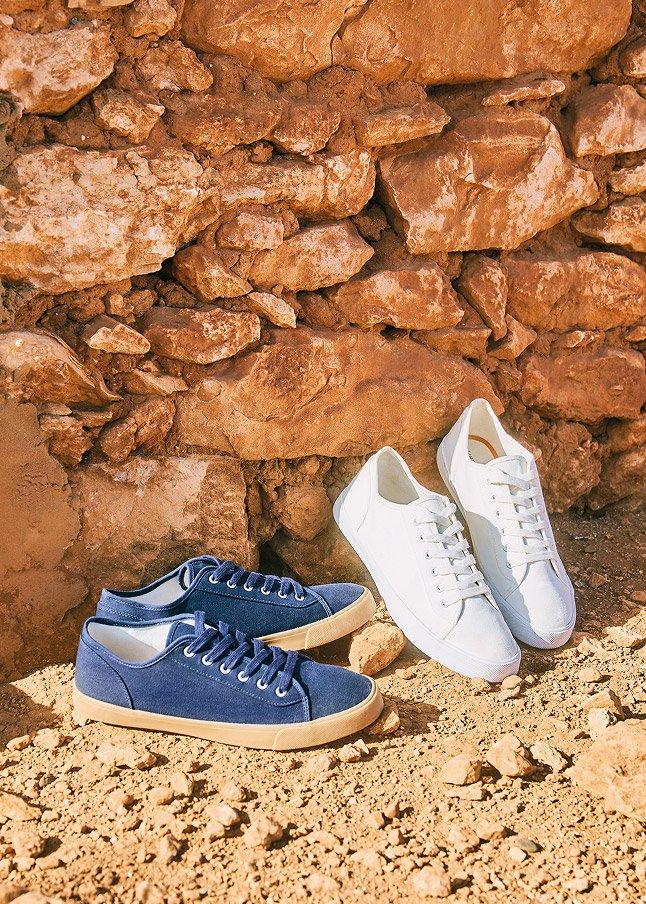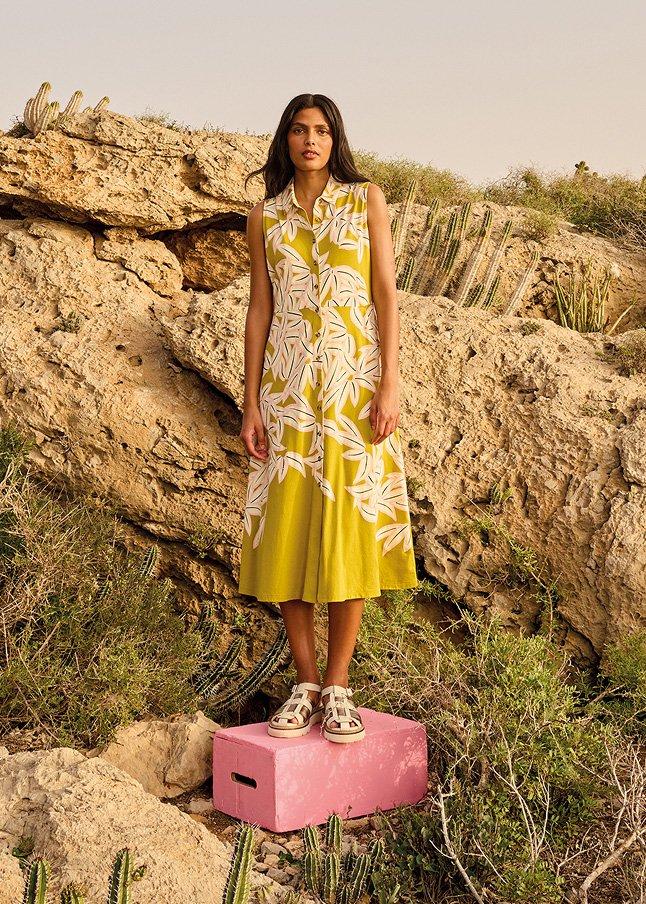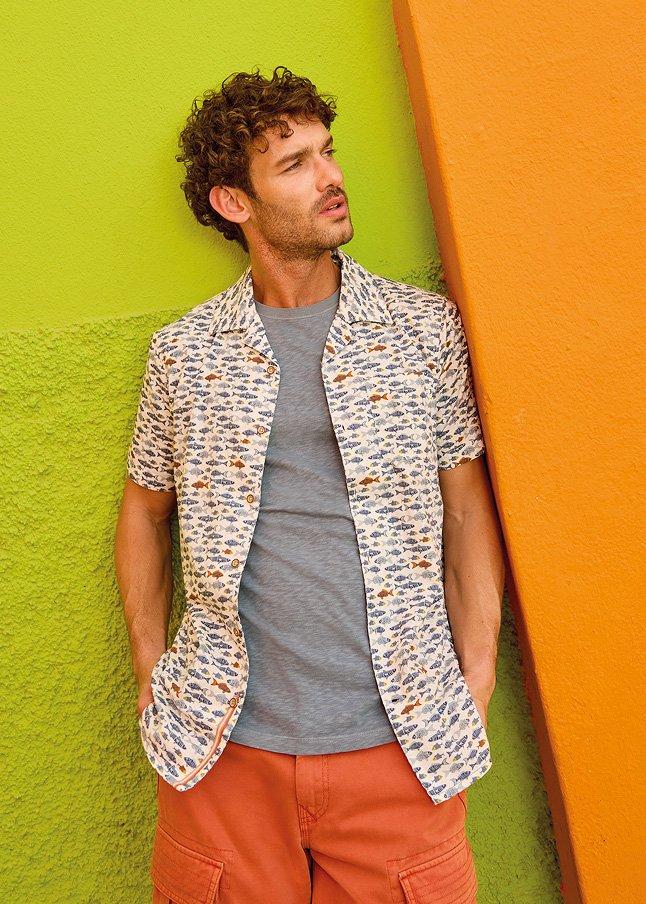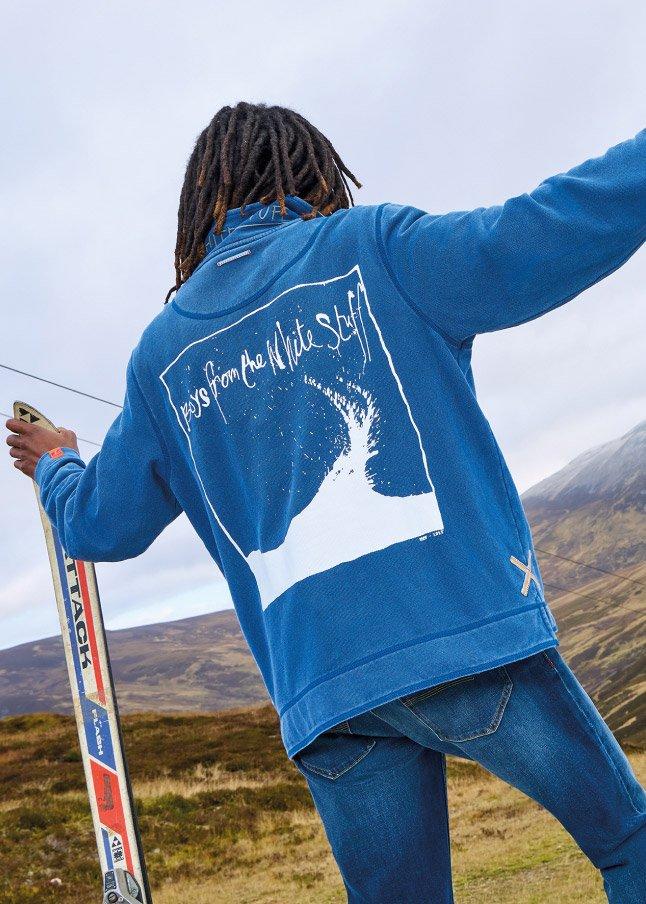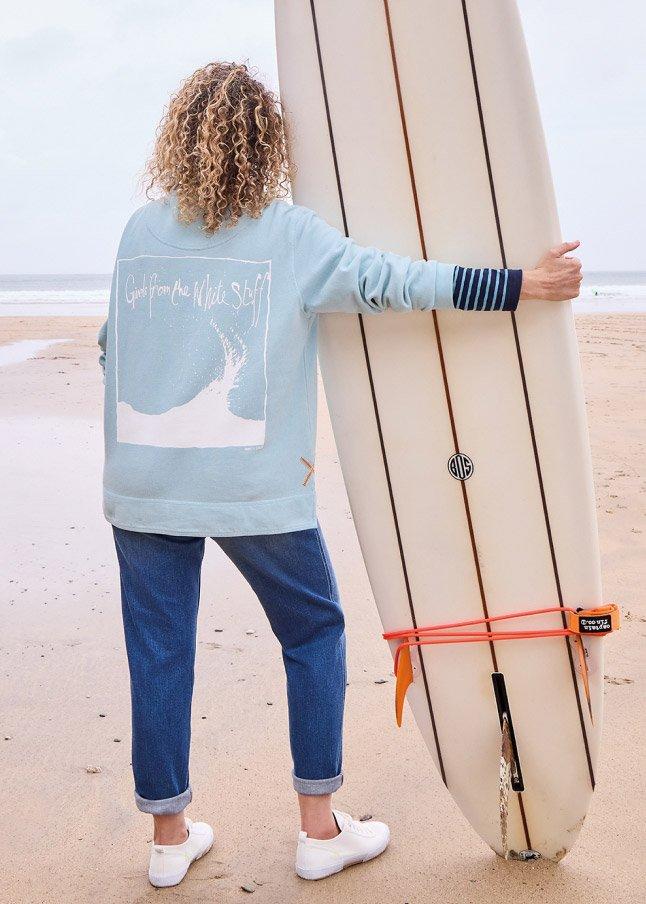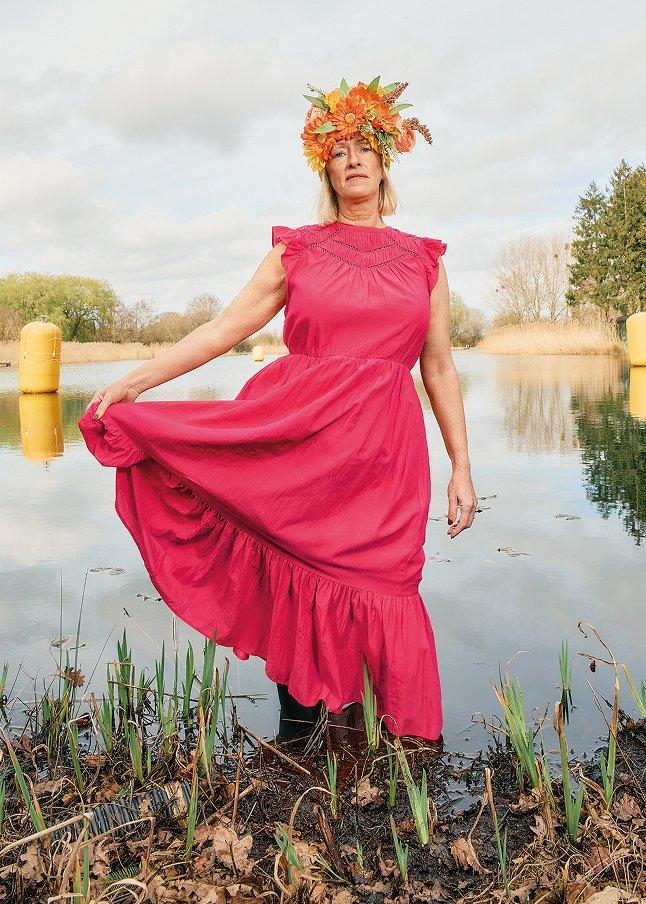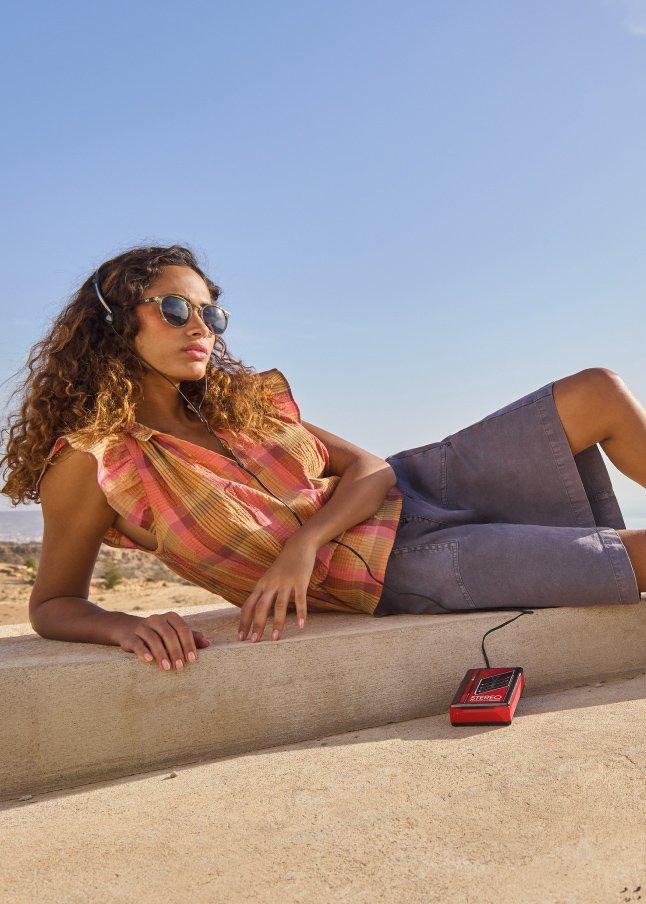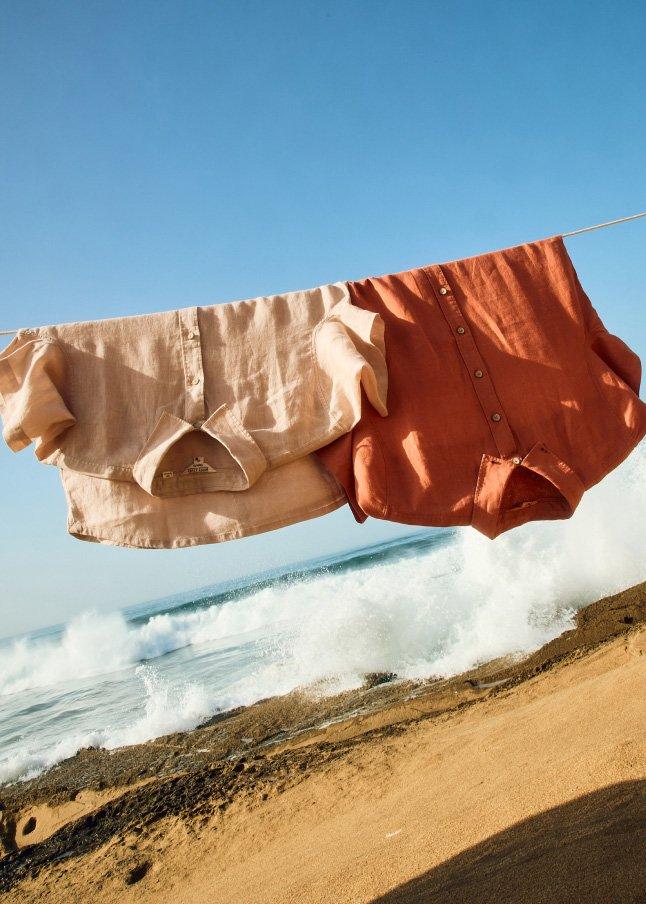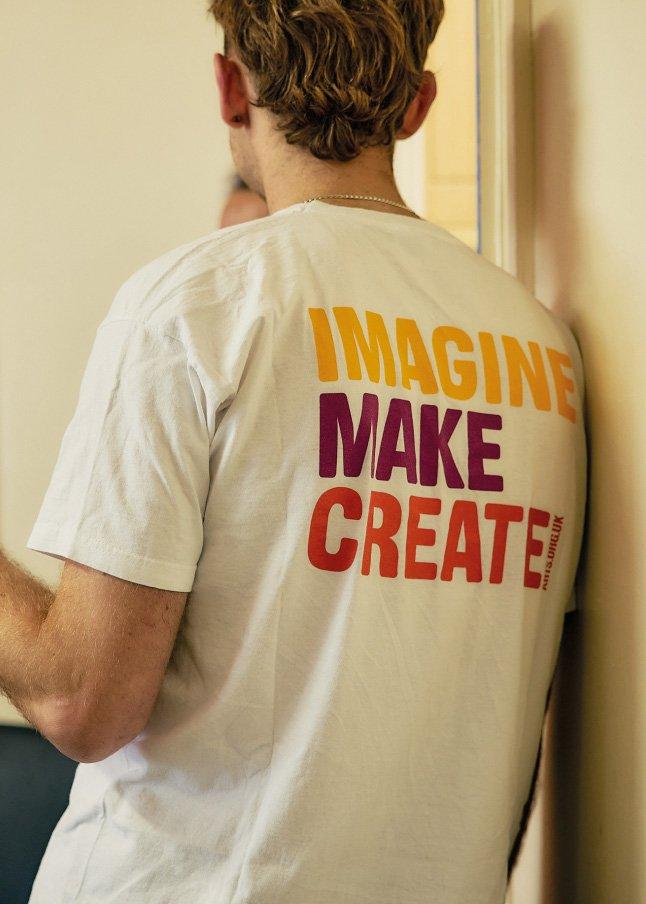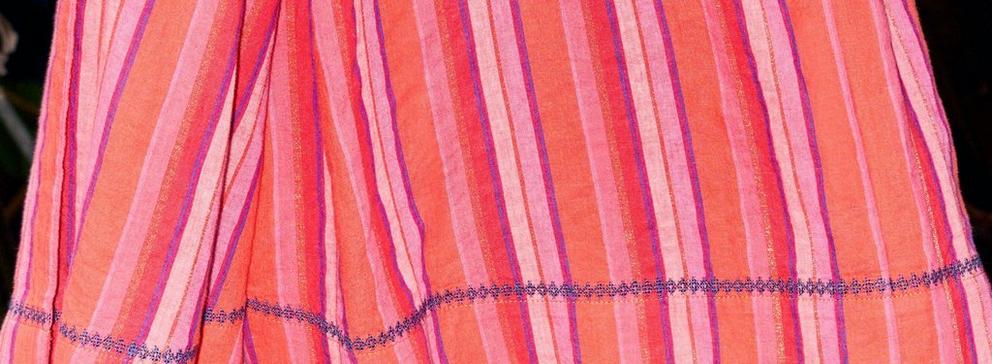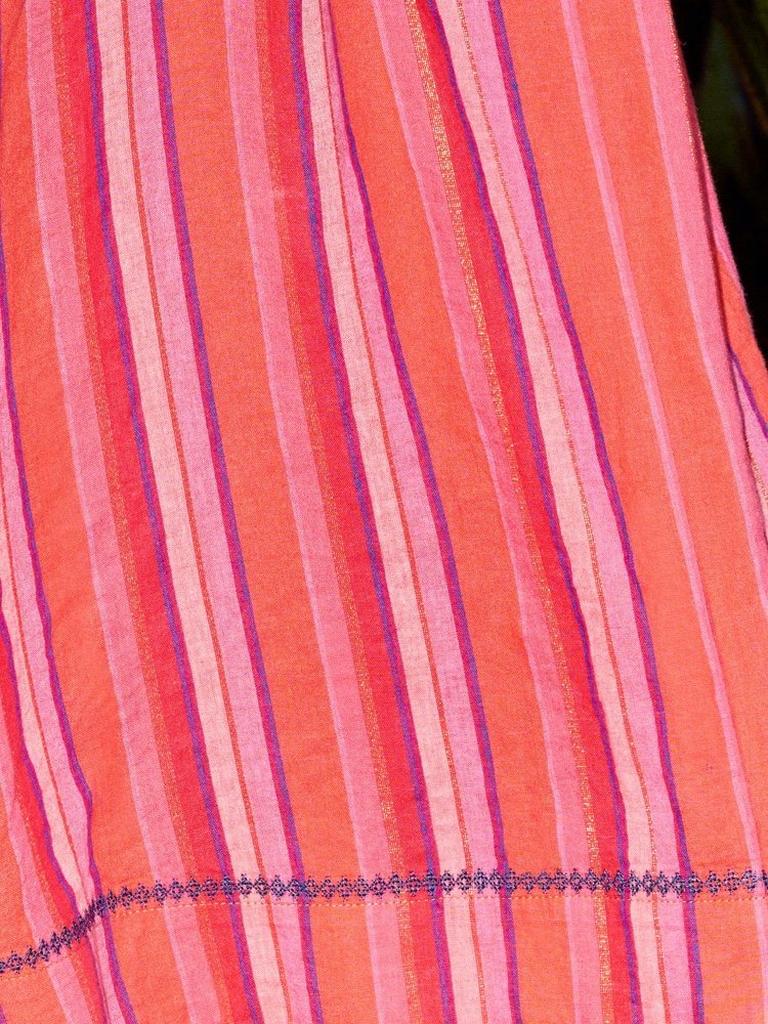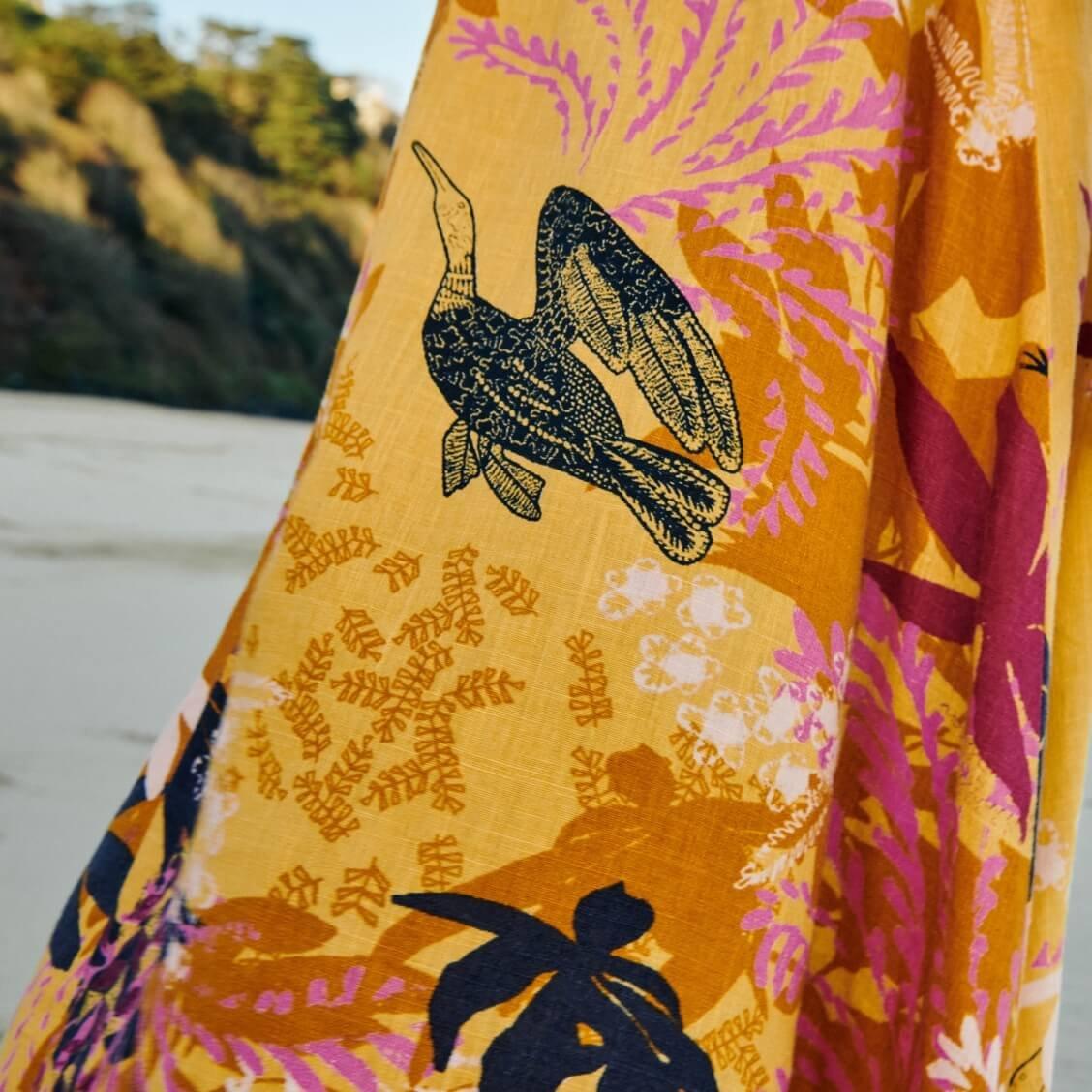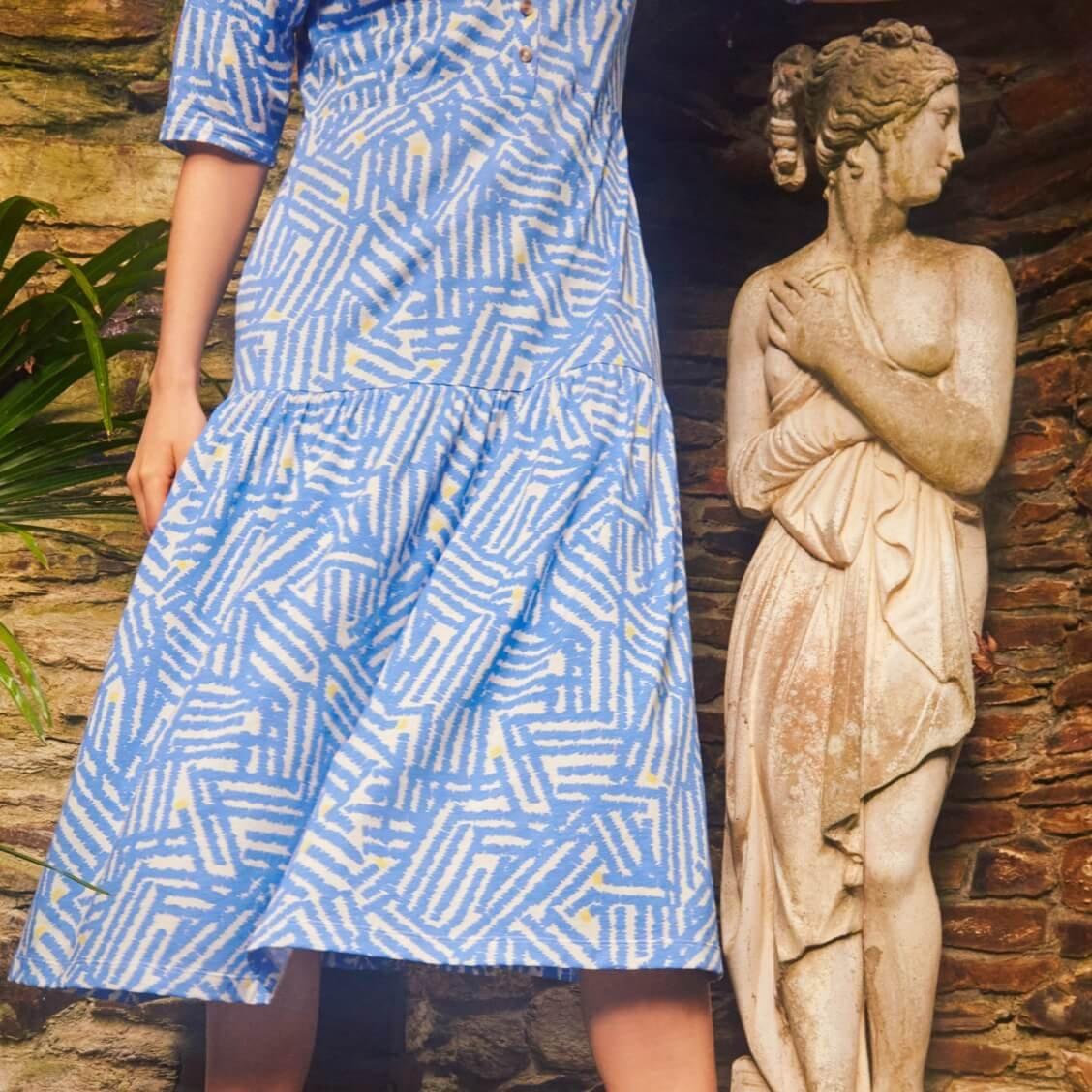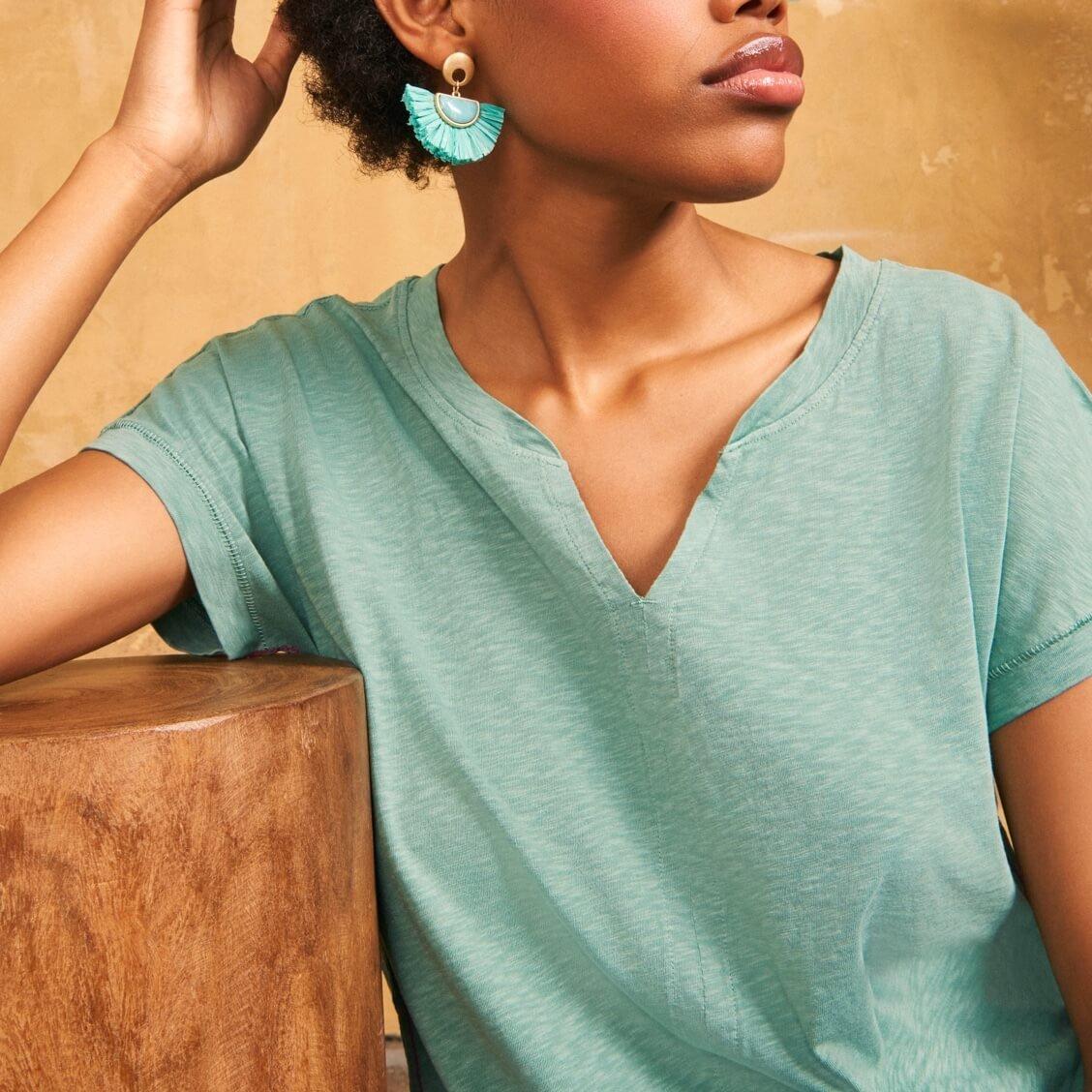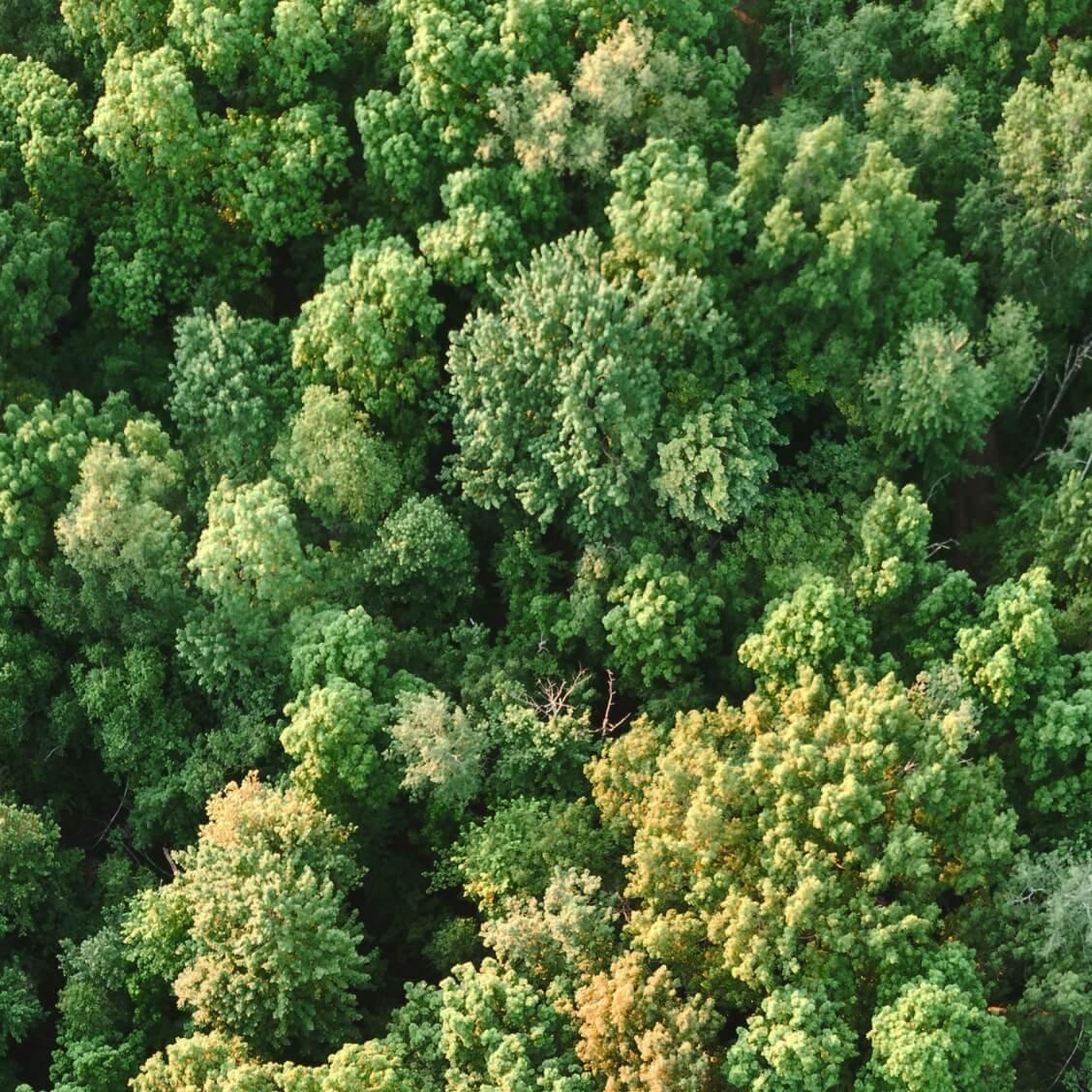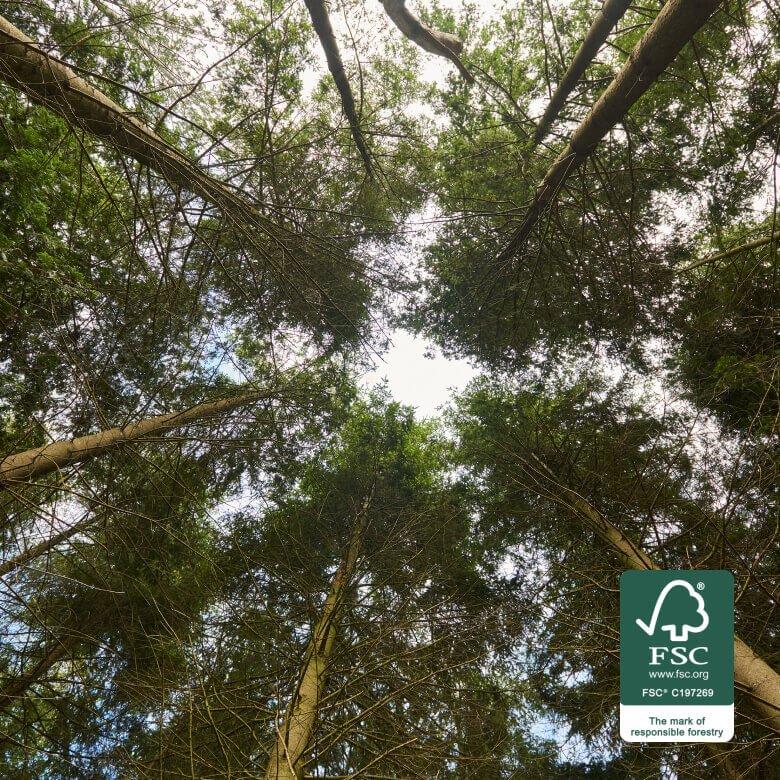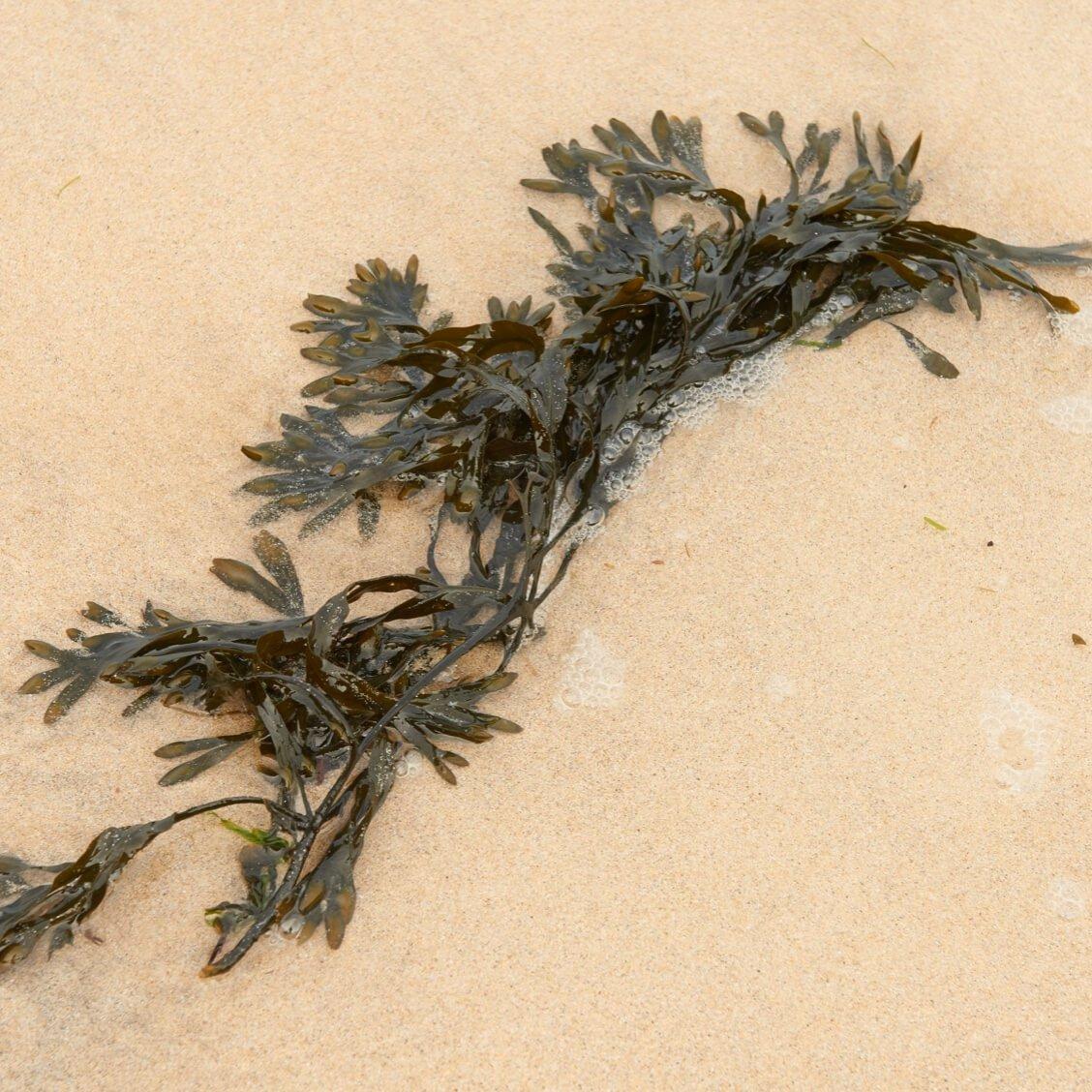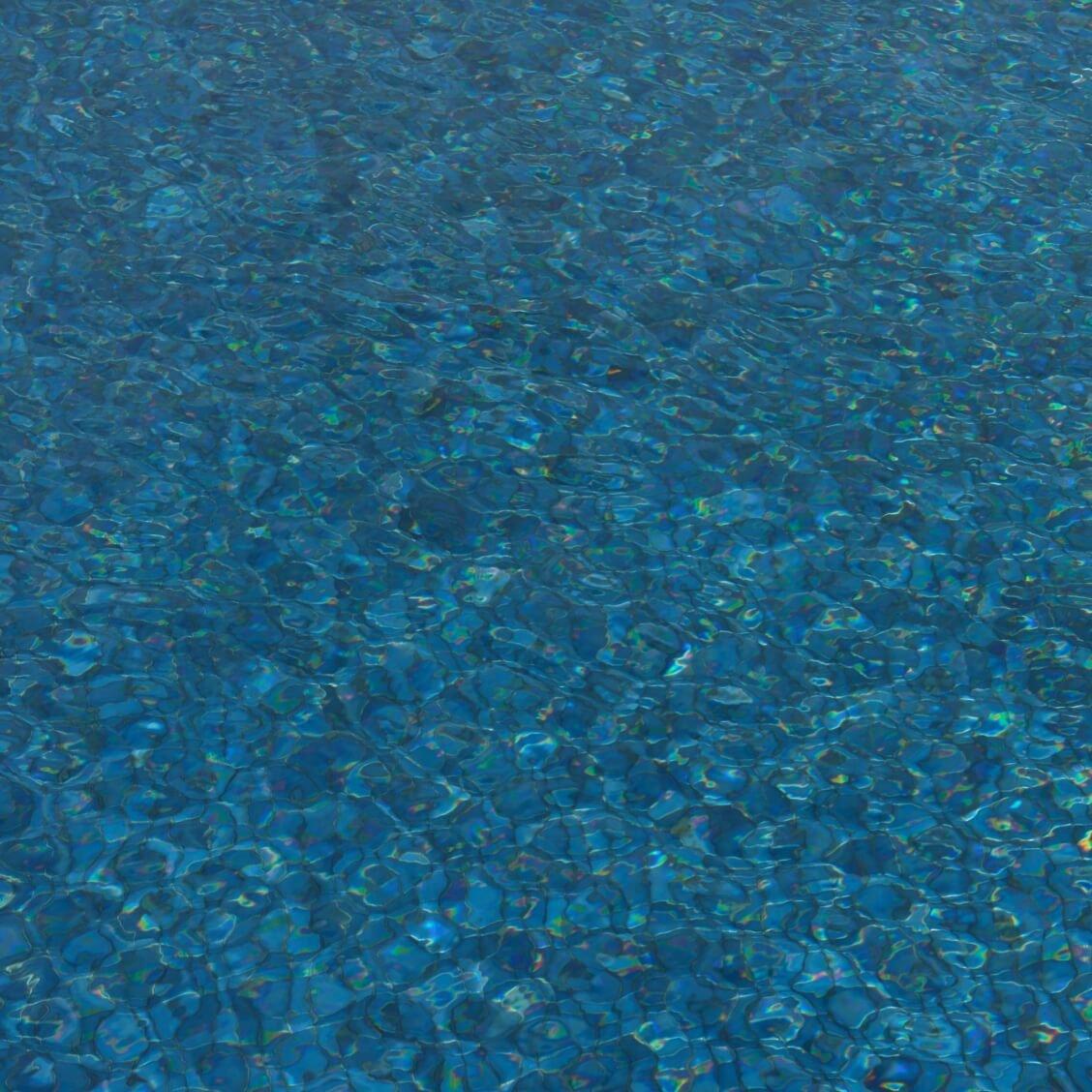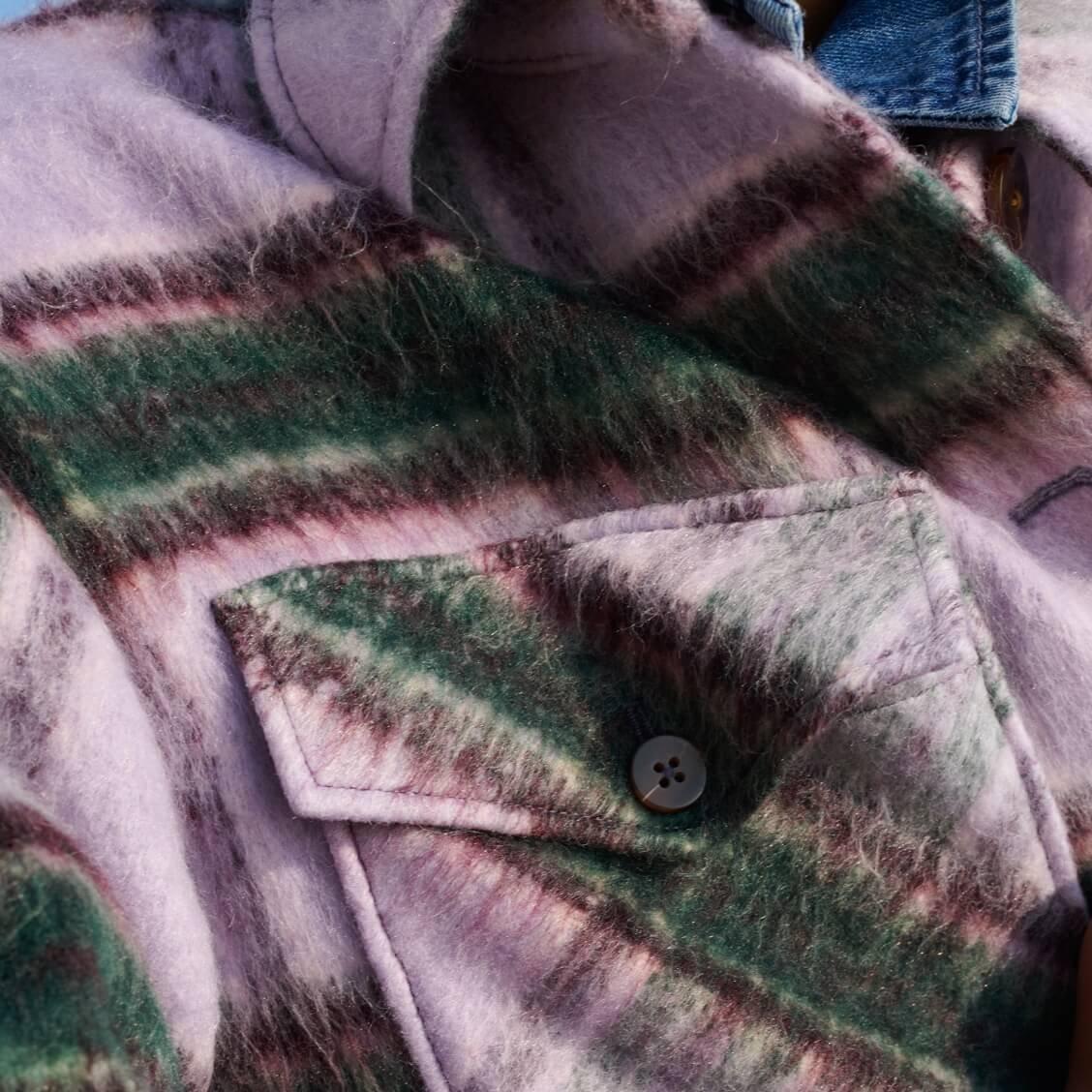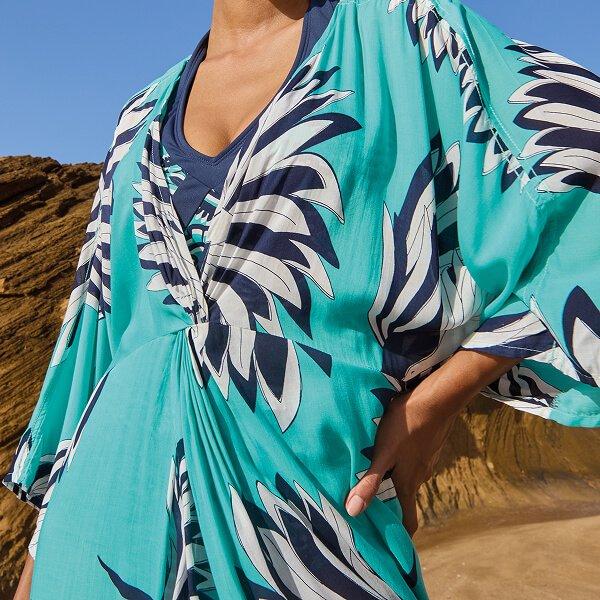We've always cared about more than selling clothes. For years, we've used better materials like organic cotton, Fairtrade Sourced Cotton and EcoVero viscose. And we're proud of our achievements. But we know that it's not enough just to do what we've always done.
That's why, over the past year, we've been looking at things again. We've mapped our clothing supply chains, our processes, and our fabric sourcing. We've measured the carbon output of our whole business (including our fibre carbon footprint) and made sure all our more sustainable materials are certified by the relevant independent bodies. You can read more about that work here.
We're also being honest with ourselves about where we're missing the mark. And we want to be honest with you, to have transparency around what goes into turning a sketch on a designer's notepad into a dress that ends up in your wardrobe. So you know about the good stuff and the better stuff (and the needs-to-be-better stuff too.)
THERE'S A LONG WAY TO GO, BUT HERE'S WHAT WE CAN TELL
YOU ABOUT OUR JOURNEY SO FAR.
LINEN
Linen is a natural fibre derived from flax and we use lots of it in our collections. According to the Alliance for European Flax-Linen & Hemp, flax grown in the rich soil and rainy climate of Northern Europe requires almost no irrigation and very few pesticides, herbicides or fertilisers. It also produces no waste and retains carbon in the soil.
ORGANIC COTTON
All our organic cotton is fully certified by either the Global Organic Textile Standard (GOTS) or the Organic Blended Content Standard (OCS). Organic production is based on a system of farming that maintains and replenishes soil fertility without the use of toxic, persistent pesticides or synthetic fertilisers. It also prohibits the use of genetically modified organisms. We publish clear fabric composition percentages for all our products, but if you see something that is labelled organic, or has the word in its name, you can be sure it's made from at least 70% organic material. And if we say "organic blend", that means at least 50% of the fabric is organic.
FAIRTRADE COTTON
According to Fairtrade, White Stuff is currently the UK’s biggest fashion retailer of Fairtrade Sourced Cotton. Fairtrade sourcing supports the people at the beginning of the supply chain, so that the farmers who sow, grow and harvest the raw cotton have decent and safe working conditions. It means they earn at least the Fairtrade Minimum Price for their crop (to protect against market fluctuations). They also earn the Fairtrade Premium -- additional funds that farmers’ cooperatives spend on things like schools for their children, better irrigation systems, better access to doctors and better quality seeds.
LENZING™ ECOVERO™ VISCOSE
LENZING™ ECOVERO™ fibres are made from wood, a natural and renewable raw material carefully sourced from responsibly managed forests. The wood taken from nature is purposefully balanced with forest growth rates, to ensure the continued availability of this valuable resource. The fibres are derived from controlled or certified wood sources. The responsible production of LENZING™ ECOVERO™ fibres uses at least 50% less water and emits at least 50% less CO2 compared to generic viscose fibres, according to Higg MSI^. LENZING™ ECOVERO™ fibres are produced with a molecular marker. This special identification technology ensures the authenticity and traceability of LENZING™ ECOVERO™ fibres even after processing into textile products.
^Results based on LCA standards (ISO 14040/44) and available via Higg MSI (Version 3.7)
LENZING™ and ECOVERO™ are trademarks of Lenzing AG
FSC® VISCOSE
FSC® stands for Forest Stewardship Council®. FSC® viscose comes from responsibly managed forests and other controlled sources, where wood can be used without damaging the forest's biodiversity. The FSC® certification system covers forest management and traces the wood through all stages of production and distribution.
FSC® viscose is a fabric we’ve just started using for autumn/winter 2024 and we’re really excited about it.
Licence Code : FSC-C197269
RECYCLED MATERIALS
We use a recycled cotton blend in our jeans, and recycled synthetics like polyester and nylon in our knitwear, outerwear and accessories. All of our fabrics featuring recycled materials are certified by the Textile Exchange's Global Recycled Standard (GRS) or Recycled Claim Standard (RCS). Producers of certified recycled materials must take the required measures to maintain the identity and integrity of the input material across the entire supply chain, from the raw materials to the final product. The textile must be made with a minimum percentage of certified recycled content (20% for GRS certification and 5% for RCS).
REPREVE
REPREVE® fibres are made from 100% recycled materials, including post-consumer plastic bottles and pre-consumer waste. They are certified and traceable. We use REPREVE nylon in all our women's swimwear. REPREVE nylon yarn is created from scrap nylon waste from production lines, which is collected and reformulated into new yarns.
WOOL
We are committed to ensuring 25% of our wool is from Textile Exchange Responsible Wool Standard (RWS) certified sources by the end of 2025. RWS certification ensures that sheep are treated well and allowed the Five Freedoms of animal welfare. The standard also has requirements around responsible land management to protect soil health and biodiversity. It ensures the materials are fully traceable across the sourcing and production process.
LIVAECO™ VISCOSE AND LIVAECO™ MODAL
From summer 2025 onwards, we have introduced Livaeco™ Viscose and Livaeco™ Modal by Birla Cellulose™. The fibre is made from pulp certified by the Forestry Stewardship®️ Council (FSC®️) and can be tracked across the entire journey from source to the finished garment. The viscose fibres contain a unique molecular tracer which helps in source verification across the value chain. A complete information on the journey of fibre from forest to fashion is available through a unique QR code which can be found on our products including Livaeco™ Viscose and Livaeco™ Modal.
